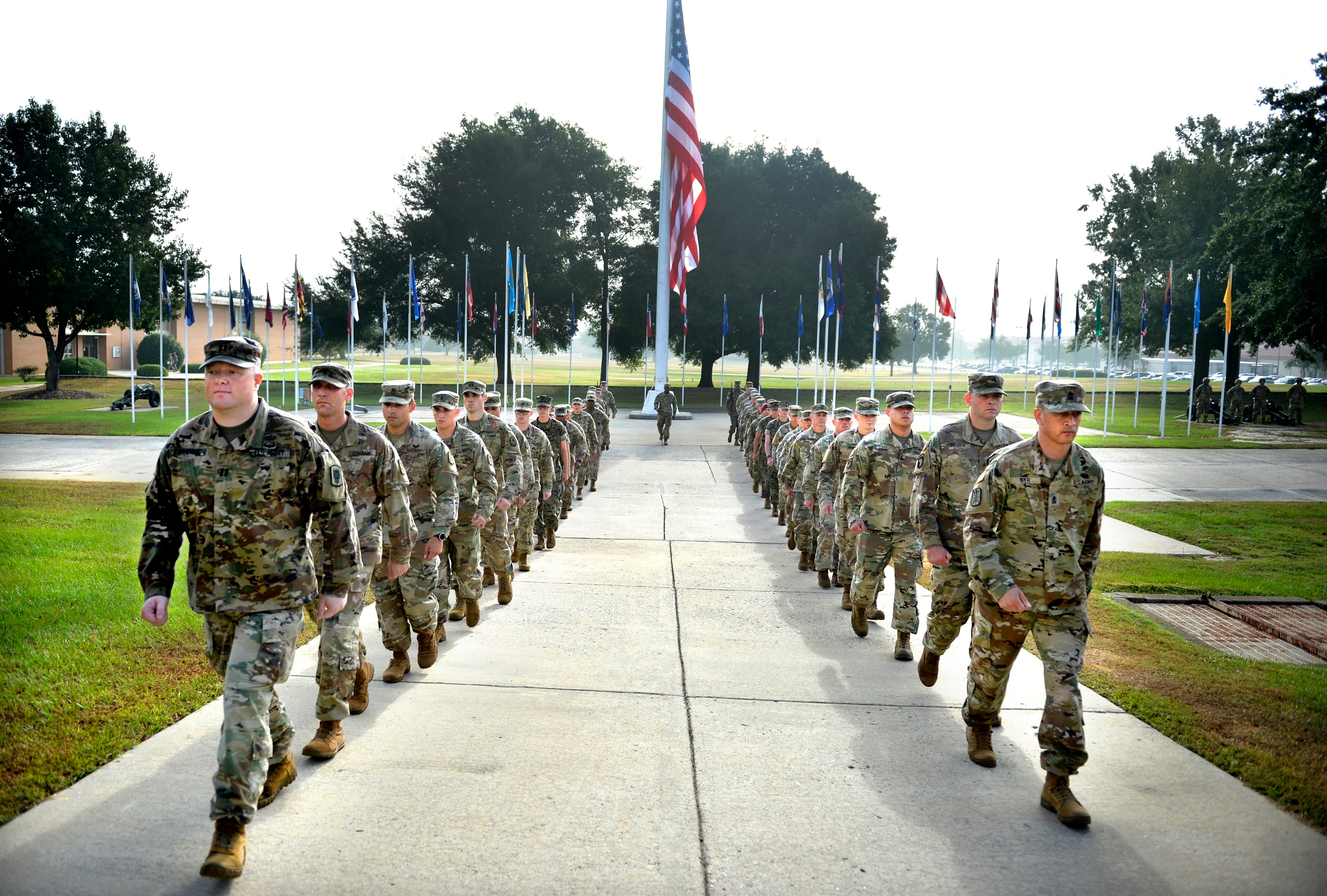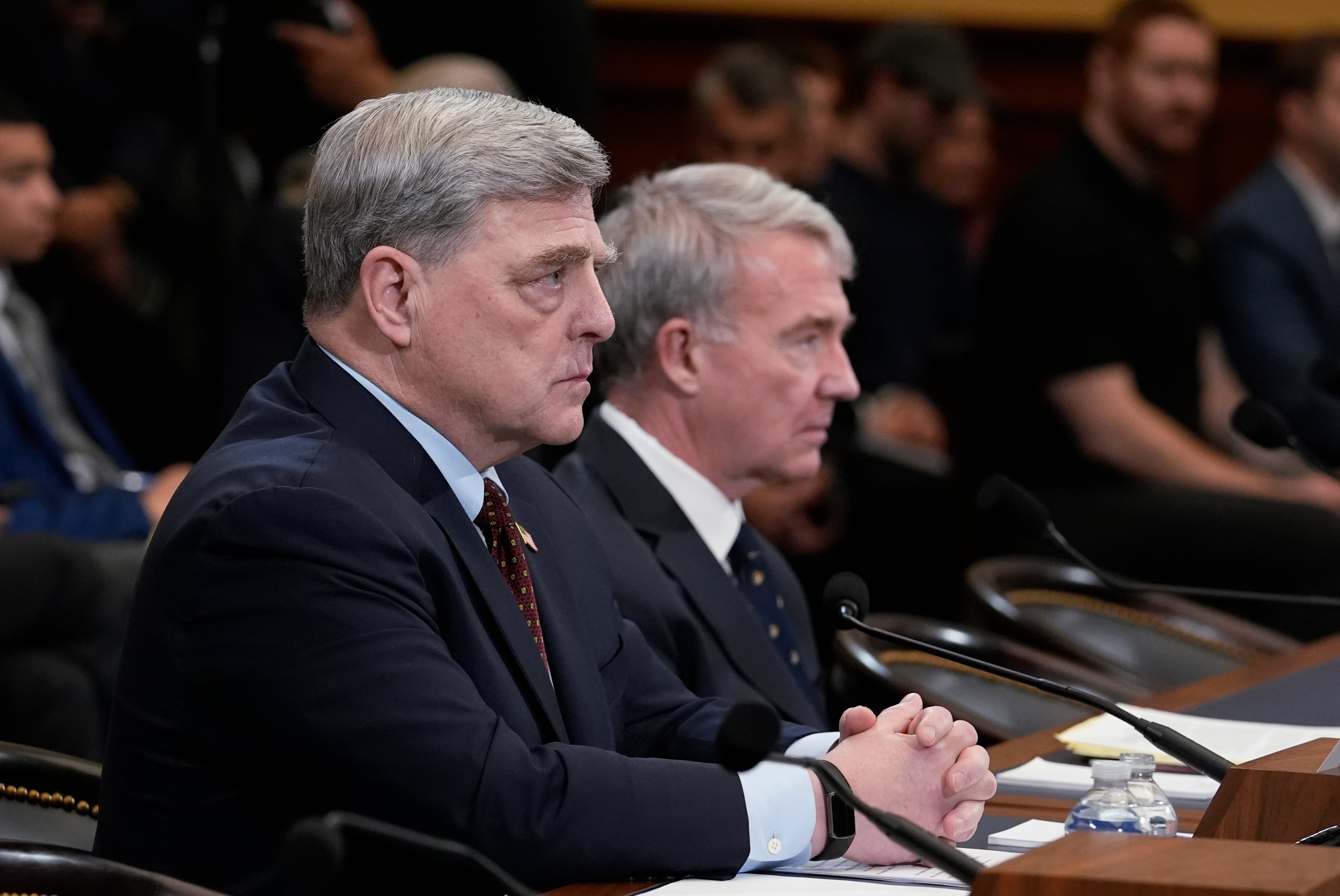If you are wondering what bryozoa are, you are not alone.
Though there are about 5,000 living species, the "moss animals" remain largely unknown to most people, according to the University of California Museum of Paleontology, in Berkeley, California.
What they are. The aquatic organisms are usually less than a millimeter in size, but connect with one another to form colonies that can number in the millions. These clusters are often mistaken for hydroids, coral or seaweed.
They like ships. More than 125 species are known to grow on ship keels, according to UCMP data. They cause drag and reduce maneuverability — or foul intakes, as was the case for the carrier George H.W. Bush in 2014 and now appears to be the case for the Theodore Roosevelt. This is especially true with jellylike colonies that form in fresh water.
"Sometimes we get unlucky and we suck some of that stuff up into the machines," said Capt. Andrew Loiselle, the Bush's commanding officer. "Now we've just got to get it out."
The threat. Bryozoa are common in Virginia's the James River, which feeds Hampton Roads, during winter months. In the case of the Bush, tThey were sucked up by large intakes under the Bush that take in seawater to cool various pieces of equipment. This fouled condensers which, in turn, can threaten the engines and generators that keep a ship humming.
Not the first ship attacked. The aircraft carrier Enterprise had the same problem in March 2012 before it sailed on its final cruise. Bryozoa fouled three of Big E's four main engines and five of its eight service turbine generators.
The fix. Though frustrating, the remedy is not overly complicated. Bush snipes took off the large condenser covers — some measuring more than 6 feet — and pulled gallons of moss from condenser tubes to unclog the intakes.





